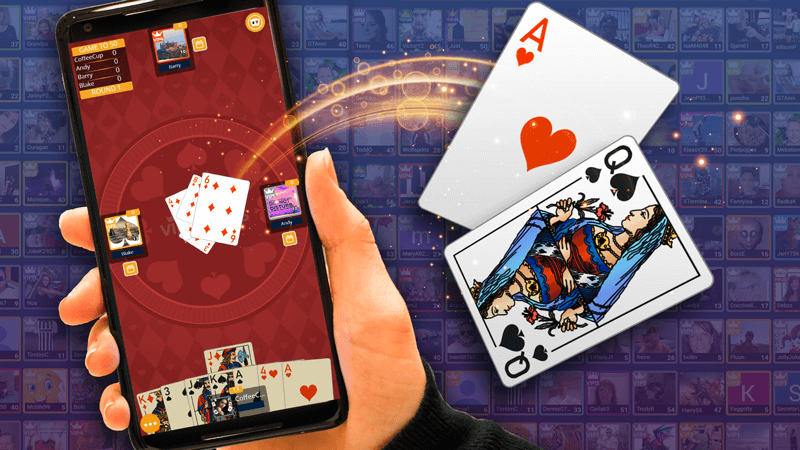In the past few decades, online gaming has transformed from a niche hobby into a global phenomenon, attracting millions of players and generating billions in revenue. This article explores the evolution of online games Megaxwin, the technological advancements that fueled their rise, and the cultural impact they have had on society.
A Brief History
The roots of online gaming can be traced back to the early days of computing. In the 1970s, games like Maze War and Spasim were among the first to allow players to compete against each other over local area networks (LANs). However, it wasn’t until the advent of the internet in the 1990s that online gaming truly began to flourish. Games like Meridian 59 and Ultima Online introduced the concept of Massively Multiplayer Online Role-Playing Games (MMORPGs), where thousands of players could interact in a persistent virtual world.
The release of EverQuest in 1999 marked a significant milestone in the MMORPG genre, setting the stage for future successes like World of Warcraft (WoW), which launched in 2004 and became a cultural phenomenon. WoW popularized the subscription-based model, drawing millions of players and establishing a vibrant online community.
Technological Advancements
The evolution of online games has been driven by rapid technological advancements. The transition from dial-up connections to broadband internet significantly improved online gaming experiences by reducing latency and allowing for more complex game mechanics. Additionally, the development of powerful gaming consoles, such as the PlayStation and Xbox, alongside high-performance PCs, enabled developers to create more visually stunning and intricate games.
The rise of mobile gaming has further expanded the audience for online games. With the introduction of smartphones and tablets, players can now engage in gaming on the go. Games like Candy Crush Saga, Fortnite, and PUBG Mobile have attracted millions of players, demonstrating that gaming can transcend traditional platforms.
The Rise of eSports
Another significant aspect of the online gaming landscape is the rise of eSports. Competitive gaming has evolved into a spectator sport, with professional players and teams competing in tournaments for substantial cash prizes. Games like League of Legends, Dota 2, and Counter-Strike: Global Offensive have become household names, with millions tuning in to watch live streams on platforms like Twitch and YouTube. eSports has cultivated a new generation of gamers who aspire to compete at the highest levels, creating a vibrant ecosystem of sponsorships, merchandise, and fan engagement.
The Cultural Impact
Online gaming has transcended mere entertainment, impacting various aspects of culture and society. It has fostered global communities, allowing players to connect across borders and share experiences. Games often serve as a platform for social interaction, with many players forming friendships and relationships that extend beyond the virtual world.
However, online gaming is not without its challenges. Issues such as addiction, cyberbullying, and toxic behavior have raised concerns among players, parents, and regulators. The gaming community has increasingly pushed for healthier gaming practices, leading to the development of initiatives aimed at promoting inclusivity and well-being.
The Future of Online Gaming
As technology continues to advance, the future of online gaming looks promising. Innovations like virtual reality (VR) and augmented reality (AR) are poised to revolutionize the gaming experience, creating immersive worlds that blur the lines between reality and fantasy. Cloud gaming services, such as Google Stadia and Microsoft’s xCloud, are also emerging, allowing players to access high-quality games without the need for expensive hardware.
Moreover, the integration of artificial intelligence (AI) in game design is opening new possibilities for dynamic storytelling and adaptive gameplay, enhancing player engagement and satisfaction.


